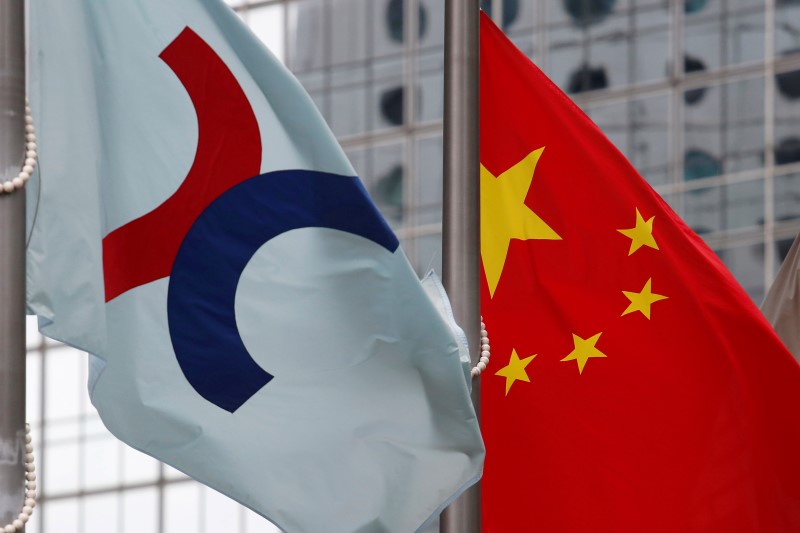(Bloomberg) -- Investors in Hong Kong’s stock market now need to factor in a substantially altered political and legal environment.
The city’s businesses reopen on Thursday after the July 1 holiday which saw the dramatic imposition of national security legislation. The new laws, drawn from mainland China’s system of governance, complicate the city’s reputation as a place with a robust rule of law. They will also likely ignite concern about capital flight, especially after Boris Johnson’s government said it will allow millions of Hong Kong citizens to move to the U.K.
The city’s financial markets have been resilient to the crackdown, although no one had seen the contents of the legislation until Tuesday evening. While the Hang Seng Index sank the most in five years the day after the planned law became public knowledge, the benchmark took less than two weeks to recover from that shock. The gauge is almost exactly where it was before China’s move to crack down on dissent in the city was first reported, with cheap valuations and steady inflows from mainland-based investors supporting local financial markets.
The Hong Kong dollar is also showing few signs of stress -- trading near the strong end of its trading band against the greenback. Its 12-month forward points have dropped since spiking to the highest level since 1999 in May, showing demand to speculate against the currency is also waning.
There are clear signs that Beijing intends to prop up Hong Kong’s financial system through inflows and a flood of stock listings by mainland companies. Whether that support will be enough to maintain (or replace) the confidence of the global business community will need to be seen.
Investor confidence remains muted. The Hang Seng is in a bear market even as stocks in the U.S. and a benchmark of Asian shares recovered. Hong Kong equities lost almost 7% in May, the biggest drop relative to the MSCI All-Country World Index since the Asian financial crisis in 1998. That made the Hang Seng so cheap it still trades below book value, meaning traders are pricing firms’ assets at less than their stated worth.
Hong Kong’s economic outlook is clouded. The coronavirus pandemic has halted the daily influx of mostly mainland Chinese shoppers, hurting retail sales. The city’s wider economy contracted 8.9% in the first quarter from year-ago levels, suffering its worst quarter on record and extending the first recession in a decade.
With the new laws creating doubt over what could land people in trouble, global businesses will need to reassess Hong Kong’s attractiveness as a financial center. Further retaliation by the U.S. could also place the city even more firmly on the frontline of a battle between Beijing and Washington. All of which makes investing in Hong Kong assets a gamble on an increasingly uncertain future.
©2020 Bloomberg L.P.
